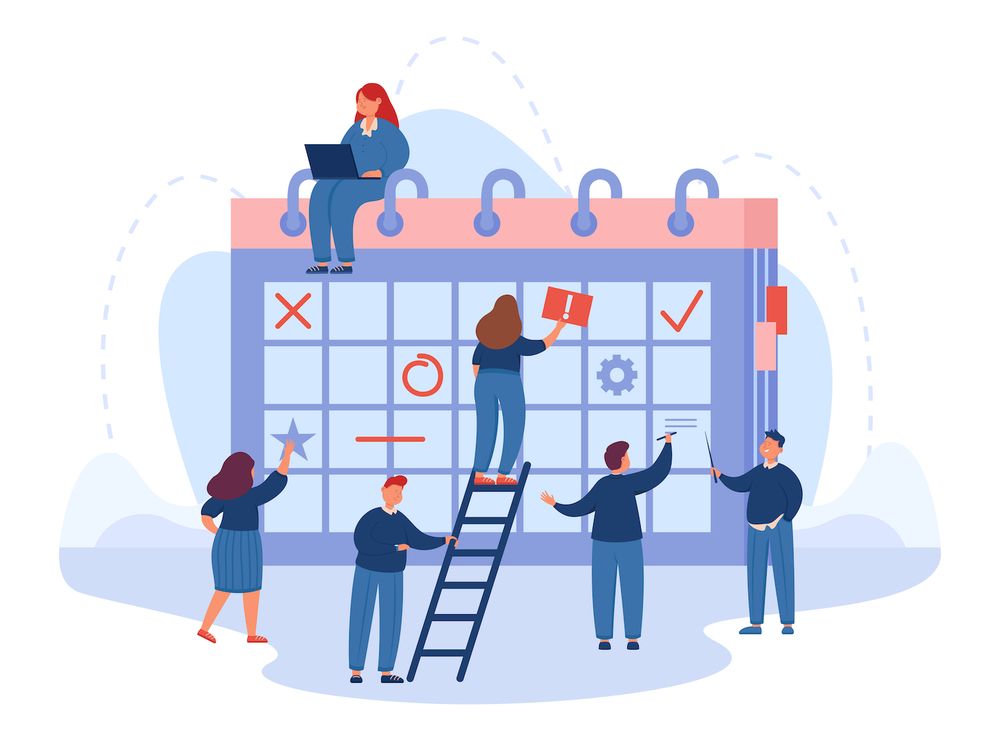Terms

"I was raised and born within Southern Vermont," starts Max Mackson of Maximilian Mackson, LLC. I attended homeschool up to high school. This gave me the opportunity to use the computer. I learned HTML, CSS, and JavaScript as the main languages on the web, and continued to tinker with side initiatives."
At the age of a young adult Max was enrolled in a theatre program. "I learned how to behave professionally. We had a director who was demanding which I'm happy to have done since he taught me how to always be on time and ensure that you're ready," he adds. Max's first IT work experience came around the same time. "Between my junior and sophomore year at high school, I was employed at a country club in town. I would be there every week to update their website, and it was God awful! They used a bizarre third-party platform which took about half an hour to do tasks that using WordPress would have taken only two minutes." the author describes.
Face-to-face conversations with people while working on the technology certainly assisted He continues. "I'm focused on personal connections. I get a lot worth out of friendships. When I was at our country club all was on high all the time. So if the printer in the kitchen stopped working, I had to run into the kitchen. The kitchen was hot and bustling everyone was moving all around me. We were "in the zone" immediately!"
Max enjoyed seeing first-hand the results of the work he was doing, and trying to combat our difficult relationships with technology sometimes. "When I worked with other people, I would say "Okay, I've just uploaded an update to this computer And I'd get to determine if it was helpful to them, or if they would get confused. I was able to observe the different perspectives and discover how people respond to technology. Many IT people will simply affirm, "Oh, this is the way things are currently; it's the new update' and I find that irritating. I like to work with people."
Max realized that being proficient in tech could help people's lives. During the country club years, his dislike for printers began "They just never seem to work when you want for them to!" he smiles. Much of his time was spent repairing machines; dealing with them gave him an understanding of system architecture "I ended up reworking every system they had over the years. It is still my job to jobs for them," he adds.
He is stumbling around on his own
For a formal training, Max went to Champlain College located in northern Vermont but learned something other that the traditional curriculum. "I was among a dozen information technology majors and it was hilarious when you consider that while I was in college it was decided by the school that they were planning to end the particular major! They brought us into the room, and they said, 'Hey, guys, so you're still going to have the option of graduating. We're just not going to offer your major after this year'!"
Max began working in audio-visual production because of his experience in the theater. "That required more fixing of technology because all the classrooms depended on having computers, projectors, and projection screen," Max says. "When the technology went down it was when we'd walk into these full classrooms with many people, and they would all stare at us. Then we'd stand on a table and change out a lamp for the projector!"
"I stayed in college for less than two years. I dropped out due to the fact that I felt it was slow. The internet is moving fast, and by the time you end having to learn something at college, it's already obsolete in the real world. For the professors having to learn and to push this knowledge to the students, it's an extended period of time." Max adds.
The pace of development hasn't diminished and in fact, has increased and the pace and goal of higher education eventually led Max to start his own company. One of the reasons that he quit was due to the fact that his outlook for the future didn't match those of his university: "They liked to say they got 99percent of their students employed immediately after graduation - which is fantastic, however, they are extremely focused on making sure everyone is able to enter the corporate environment. I like working with other people but not so much with them in this way. It wasn't for me."
So Max went out on his own and started looking for his first client. He had just taken the course, and the guy running it had asked for reviews. Max remembers: "I sent one in hoping to practice my writing skills. However, at the bottom, I put 'PS - If I can serve you, let me know'. And the man replied, 'Well what do you have to be doing?'"
Max looked over the website and wrote up an organized list of changes: "No BS, just clear and concise" and Max received a simple reply: 'Text me' as well as a telephone number. "That was the way I was able to get that job. And to this day he's an excellent client!" Max smiles.
Projects and services
"You are surrounded by all the different pieces of software that power your business, but they're not communicating with one another. Max is the one who can get that software communicating perfectly," Max says. He explains that this creates one more robust system, which is able to accelerate business growth and save time and energy. "I consider myself to be a systems architect and integrator. Many people like my parents simply call me"the IT man!" he jokes.
Max Explains that an average client's tech stack may have 100 pieces of software, all in silos. "You must bring the pieces together so that they can communicate with each other. I started working with a handful of customers on Web design, then I started to work on integration in April 2021, as one of my clients wanted to create a membership-based exclusively community."
Max had been working with the client, who was an influencer in the field of health and wellness and an evangelist, for a while and things were going smoothly. Max had no prior experience with membership but it was clear to him exactly what the issues could be. "I found myself researching a bunch of software for membership. I have a way of looking up diverse lists of what's the most effective software and I'll put them together."
Max picks software to provide the best user experience, both from an admin side as well as a user's perspective, in order to reduce support times for customers over the long term. Simplicity is crucial. "I can work in a more complex environment but I also understand that when something reaches the stage where it's unusable by everyday users. The customer wants to purchase somethingand want to gain access. It's normal: whenever one signs up on the website, I'd aware of the reaction on their face. I'd start explaining it and their eyes would be glazed over!"
Styles of integration and the future
"Integrations may appear to be complex," Max muses. "They come in different forms as well as different depths. For a native integration similar to Mailchimp, simply click on a few buttons, and it's approved, and then you're all set. Low-code and no-code integrations, like Zapier's Zaps, and completely custom ground-up solutions where you create everything from the ground up."
"Generally, I play in the zero-to- low-code area, as it is generally effective for my customers. However, for one specific integration, my client was looking to go very deep with it. They needed to include all the capabilities of a native integration, however, they wanted to do it through Zapier. I had to use a dozen different Zaps to have the entire system wired and make it feel like native and I still needed to include an additional custom code."
What made that particular initiative so interesting was the sheer number of people who participated. "The initial day that we started it, we put more than 50,000 tasks on the line, which was incredible! I needed to improve it numerous times to make sense. It was eventually able to be brought reduced to just 5000 or less tasks per day, which was pretty aggressive."
The author adds: "That was the first occasion I worked on a project of this scale with Zapier. I've been involved in a variety of projects over the years including some that were more focused on design and some that were more technical, however, this was my favorite."
This larger scale of development is the driving force behind Max's future. He states: "Longer term, I would like to create software that is designed for businesses." Max adds his thoughts on software are a lot because it's such an important aspect of his career and because so much software has changed over the years. "It gets slow and bloated; it's not user-friendly anymore. It's constantly releasing UI upgrades that make it worse. As of now there are a lot of users who are expecting software to fail!"
He says he's trying to offer a better simple, user-friendly experience for users. "It's still in the development stage, but I've got some intriguing concepts. The project is likely to be about six months away as I usually work solo most often. I do not like working for an agency: they hand an idea to a unknown developer, who is then locked up inside the closet! I'm not happy in that type of setting and tend to work with people in a one-on-one manner."
Max shares his latest thoughts with--and gives preferential treatment to--subscribers of his email list (which is affectionately referred to as the "#MilianFam"). In addition, as an exclusive benefit to subscribers new to his list, he's created a special bonus training, and, up to the time of this posting, has not been offered anywhere else, at the price of.
